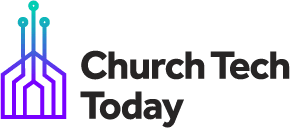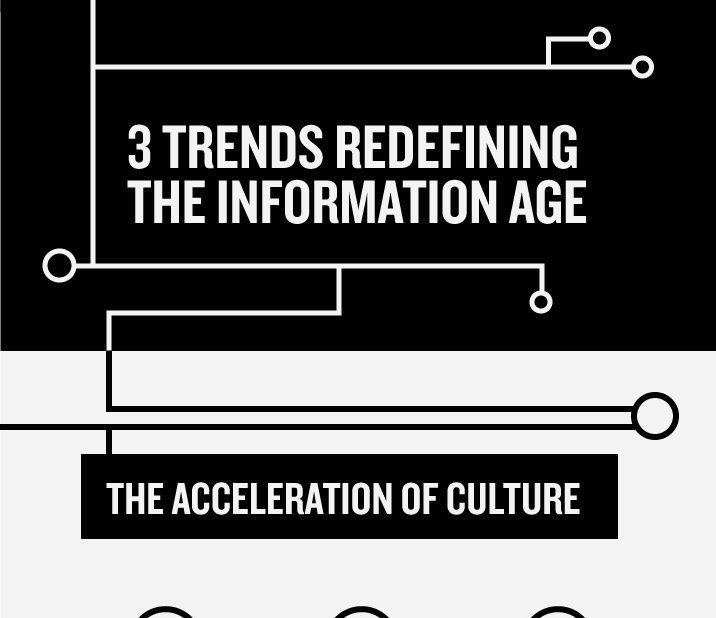It's no joke that information is being hurled at us at an alarmingly fast rate. Between television, radio, social media, smartphones, and all the other devices and means of consuming content, the choices abound, and our heads are spinning. The Barna Group recently performed a survey and research report called, “Three Trends Redefining the Information Age.” Below are excerpts from this report along with the infographic produced to visually report the research findings:
Trend 1: People feel modern life is accelerating and becoming more complex
“It’s complicated” – this is how the majority of adults today describe modern life, according to Barna research. The increasing digitalization of life, economic pressures, the disintegration of the family, shifting moral moorings and many other factors all contribute to this shared sense of cultural acceleration. But whatever the reasons, two-thirds of adults today say the complexity of modern life is only growing.
Trend 2: People want to be culturally informed, but they are becoming accustomed to skimming content
The second characteristic of the modern reader is that he or she wants to stay informed of culture and trends. More than seven out of 10 adults affirm this self-description.
And while the Church is often accused of being several steps behind the culture at large, Barna’s research shows practicing Christians want to keep up with culture and trends just as much as anyone else – 73% of practicing Christians say this is of personal importance to them, mirroring the national average.
Trend 3: People are moving beyond mere facts and information, and are looking for holistic integration of faith and life
Yes, people want to stay informed, but they don’t want just any information. Information, after all, is becoming increasingly commoditized every day—it can be found anywhere, instantly and often for free. What consumers in an age of over-information are after is a different kind of intellectual currency. They want knowledge curated for them that helps them find meaningful ways of living.
What the research means
David Kinnaman is president of Barna Group and directed the research. He observes,
There are two major forces going on here: Every year people have less time and every year they have more content being thrown at them. This is forcing them to develop the habit of skimming in response to information and content. We are becoming a nation of ‘info grazers.’ For content producers—whether publishers, writers, pastors, teachers, journalists, filmmakers and so on—this means the information age is becoming the distraction age. Consumers are easily distracted and overwhelmed by having to sift through the clutter every day. This feature of modern life is exponential with the rise of digitized information.
Barna Group is attempting to address some of these trends with the forthcoming release of FRAMES, shorter-form books (less than 100 pages) on key cultural issues.
![3 Trends of the Information Age [Infographic] 1 Barna Trends 2013](https://eadn-wc03-10628962.nxedge.io/wp-content/uploads/2013/11/Trends-of-Info-Age.jpg)




